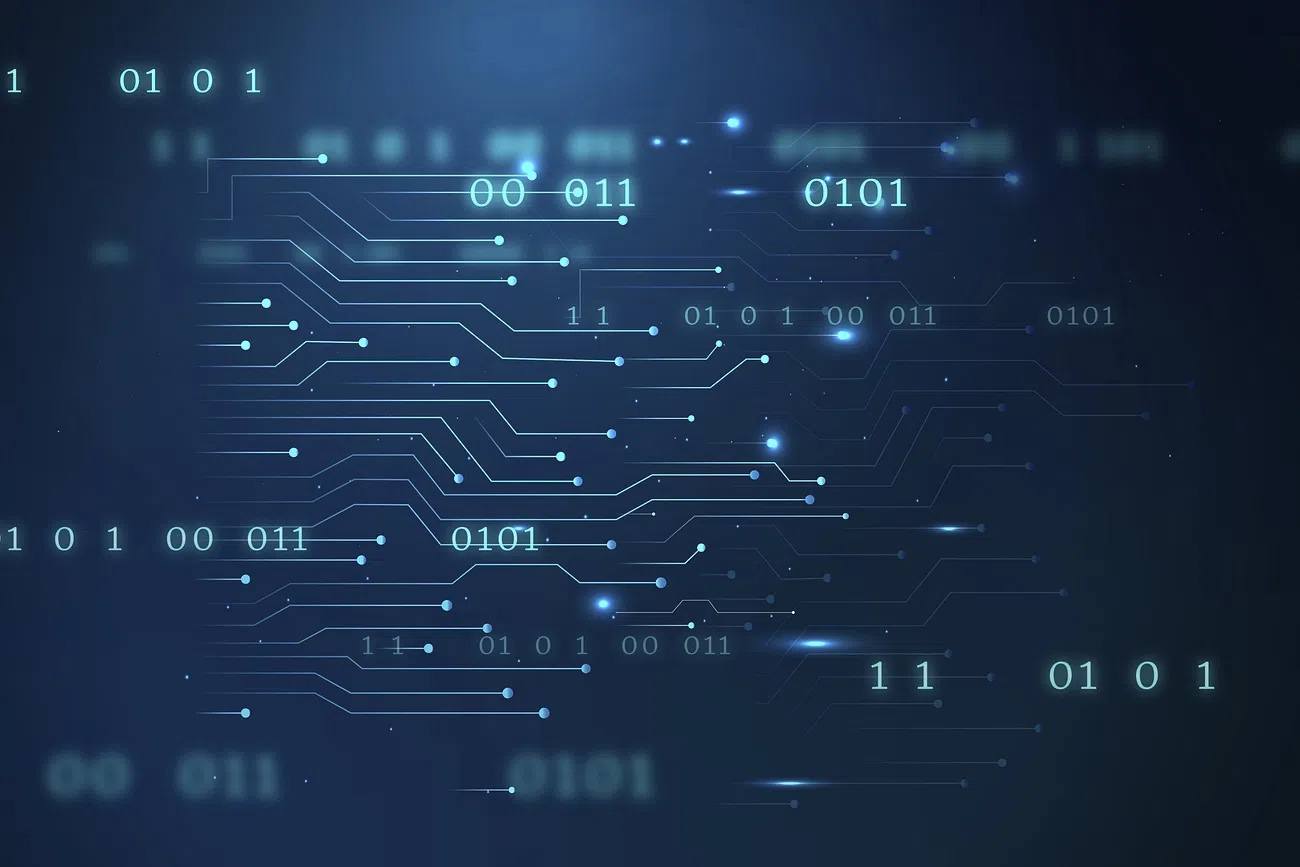Pejman Yousefzadeh on Teaching Cybersecurity Using the Game of Go
Chicago lawyer Pejman Yousefzadeh writes in, at my request, with the following thoughts on teaching students to counter cyber threats using the ancient strategic game of Go. Pejman, who writes a very interesting blog, generously over-imagines my skill at the game; at my strongest, I was a pretty weak player, and I haven't played much recently. But to anyone who has spent time before a go board, the idea that it might model how to manage highly complicated, multi-field threat environments makes intuitive sense.
Published by The Lawfare Institute
in Cooperation With

Chicago lawyer Pejman Yousefzadeh writes in, at my request, with the following thoughts on teaching students to counter cyber threats using the ancient strategic game of Go. Pejman, who writes a very interesting blog, generously over-imagines my skill at the game; at my strongest, I was a pretty weak player, and I haven't played much recently. But to anyone who has spent time before a go board, the idea that it might model how to manage highly complicated, multi-field threat environments makes intuitive sense. I'll be fascinated to see whether this has legs:
My thanks to Benjamin Wittes for the opportunity to guest-post on one of my favorite blogs; Lawfare is an indispensable site for those interested in the intersection of law and national security issues.When I blogged on how the game of Go might help in the effort to counter cyber threats, I knew that Ben would be interested in the subject. Both he and I are fans of the game, though in my case, it might be fair to say that my enthusiasm outruns my skill. In any event, given Ben's status as a Go devotee and as the editor-in-chief of Lawfare, his invitation to guest-blog here is as unsurprising as it is flattering. As the link in my blog post discusses, the College of Information Sciences and Technology at Penn State University is using Go to help students more easily visualize "attacks [and] attack patterns," and to employ "spatial analysis with individual performance evaluation via interactive virtual scenarios/missions and gaming" in understanding and deterring cyber threats. The article tells us that because Go players try to use the fewest stones possible in order to capture as much territory as they can during a game, Go promotes efficiency in a manner that other games---including chess, which I also love---do not. Indeed, it was chess master Emmanuel Lasker who once said that "The rules of Go are so elegant, organic, and rigorously logical that if intelligent life forms exist elsewhere in the universe, they almost certainly play Go." The elegance, organic and logical nature of the rules notwithstanding, however, no one should be fooled into thinking that Go is an simple game. Quite the contrary; despite the ease with which the game's rules can be mastered, Go is tremendously complex. As Go devotees will never tire of telling you, the number of possible Go games on a traditional 19x19 board is far greater than the number of atoms in the known universe, and unlike the situation with chess, the best Go programs have no hope whatsoever of defeating masters of the game. Given the degree to which Go has been used to explore the subject of artificial intelligence, and given the connections between the game and mathematical research, it ought to come as no surprise that Go is being used to help us learn how to better counter cyber threats; the many different outcomes that a game can take, along with the emphasis on spatial analysis helps analysts better acquaint themselves with the many different permutations of cyber attacks, and how to better understand the nature of those attacks. Of course, in preparing a defense against cyber attacks, it is always useful to be able to anticipate the moves of your opponent, and Go excels at teaching people that particular skill. I know that Ben joins me in looking forward to finding out more about the research at the College of Information Sciences and Technology, and whether that research better prepares us in the effort to enhance our cyber security procedures and protocols. The article that I linked to also mentions that Go is useful in teaching people more about Eastern cultures. I suppose that there are those who find this useful given the number of cyber attacks that originate from China, but those better informed than I will have to discuss whether there is any particular cultural distinction to a cyber attack. That having been written, Go can be useful in analyzing and seeking to understand Chinese grand strategy when it comes to foreign policy, which is why Henry Kissinger employs the game as a teaching tool in his latest book. One way or another, the game is able to teach foreign policy and national security officials and researchers something new and very applicable to the work that they do.
Benjamin Wittes is editor in chief of Lawfare and a Senior Fellow in Governance Studies at the Brookings Institution. He is the author of several books.





